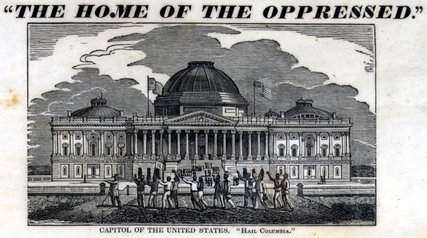WhyKly?
People who don't like doing something often try to "improve" it, that is, make it more into something they think they might like more.
Bicycling is a perpetual target for people like this. They say that the problems with commuter bicycling are sweat, the clothing, the physical effort, the exclusivist attitude of those who already do it. Usually they come with some way to make bicycling more like a form of transportation they recognize. This usually means adding a motor.
The latest overhyped entry in this field is the FlyKly, a powered bicycle hub you can control with your iPhone. If that last part doesn't seem to make sense, since a handlebar control would be easier, you don't understand how important it is for people to think there's a reason they own those phones. The linked HuffPo article has all sorts of absurd reasons why using a phone to control your bike's speed is "smart", including the fact that it can suggest routes that are "more fun" and help city planners establish bike lanes.
As attempts to make bicycles into something motorized, and thus real transportation, go, the FlyKly is fairly reasonable. The hub weighs nine pounds, which is not bad. I don't believe the claim that it can push you at 20 miles an hour for up to 30 miles on a charge, though.
 They never show the derailleur side. So unkempt, like bicyclists themselves.
They never show the derailleur side. So unkempt, like bicyclists themselves.
How many people would bike to work with an electric assist who wouldn't without it? I suspect the number is small. The roads are still dangerous, and your bike can still get stolen. But one of the pleasures of bike commuting is the physical part of it. It feels good to get to work under your own power. But then I already do it, and so am not the target of this product.
On another note, there is the flying bike, debuted in Prague:
 Yes, that's a dummy. Right now, real people are too heavy, and too sane.
Yes, that's a dummy. Right now, real people are too heavy, and too sane.
This thing weighs 190 lbs, has six rotors, and requires 47kW from its hefty batteries. Just for comparison, a bike at 9 mph takes around 30W. Could you get a person on it if there was a pedal assist? This is more something for a movie, to help the main character escape unexpectedly from pursuers, than a really useful thing, but I can see how much fun it must hav been to create it.
Pity the poor bicycle. It's a marvel of subtle technology, though always subject to improvement. A human on a bicycle is the most efficient vehicle available, and uses our own muscles optimally. And yet, it gets no respect from most people. That's kind of fine with me. Things are getting crowded enough out there without people coasting along on electric bikes.



